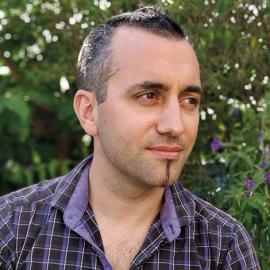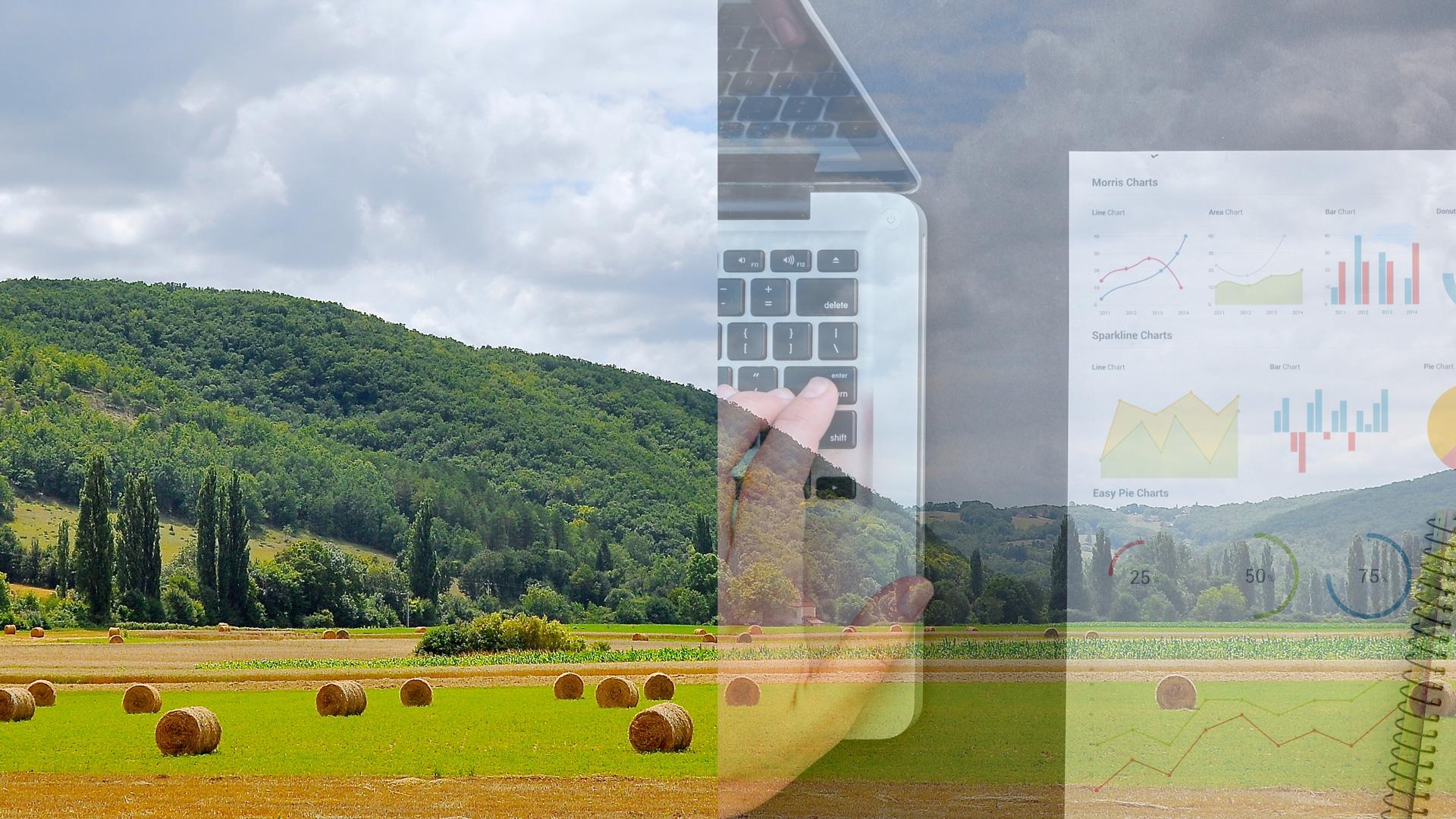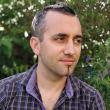Objectives
Measurement is one of the major components of environmental monitoring, whether for water quality, atmospheric conditions. It forms the basis on which hazard management strategies or policies related to the protection and management of the natural environment can be implemented. The objective of this teaching unit is to provide with students the physical and organizational principles for collecting information to describe the natural environment.
This module will introduce the first steps of geo-referenced data project management with the application of sensors and their connection to a communication network. The sampling, data validation and representation of information issues will also be considered.
- Reference of the course: Data Manager for environmental projects UE1 - Level: 300
- Admission
- Europe - 3d year of Bachelor’s degree/ 1st year of Master’s degree
- USA - Bachelor Junior students/ Bachelor senior students - Teaching language: English (B1 level)
- Organization and credits: The course is a full time 4-week-long course. Successful completion of this course brings 7 ECTS credits
- Requirements: Very basic skills in programming (any language) may be useful.
- Grades: Grades are based on evaluation of individual participation to classes and a group project.
-
Course content
The course will combine lectures-seminars, tutorials, interviews and on-site visits and project-based learning.
The goal for the students is to be able to perform an effective environmental data collection in order to carry out an agri-environmental project. To achieve this goal, the following program will be done:
- First week: Sensors and Arduino, Data Format: this week is about how to concretely manage sensors with basic knowledge of sensors and their characteristics for agro-environmental applications. Development of measuring system based on Arduino open-source platform within the framework of agro-environmental project is done. An introduction about data for agronomy and agriculture is also given.
- Second Week: Wireless Sensor Network (WSN) and Arduino, Computer networks, Metadata: this week will give theoretical knowledge about how computer networks work and how wireless sensor network are managed with Arduino. An introduction about what are metadata and why they are useful for environmental data projects is given.
- Third Week: Statistics and Sampling, In-field data acquisition: this week will give the basics on how to perform a good sampling for data acquisition; it will then be concretely achieved in the field on a concrete application.
- Fourth Week: Data processing, Geomatics and Geographic Information System (GIS) basics, Global navigation satellite system (GNSS). This week will be about the first steps of data processing once the data have been gathered. As many data are of spatial nature, geomatics, GIS and GNSS notions will be investigated.
Disciplinary Content Nb of hours Sensor and Metrology 2 Prototyping with Arduino platform 15 Networks and IoT 3 Data Format, Semantic Networks, Ontologies and Metadata 5 Statistic and Sampling 6 In field data acquisition and Data processing 15 Geomatics and Geographic Information System (GIS) basics, Global navigation satellite system (GNSS) 2 -
Books and other reading materials
No books have been ordered for this course. All required readings are available as downloads from the Montpellier SupAgro teaching platform. There is no formal reading packet for this course.
-
Partnerships
Research Units: UMR MISTEA (L'institut Agro | Montpellier SupAgro & INRAE) and UMR ITAP (L'institut Agro | Montpellier SupAgro & INRAE)
Contacts
-

Hazaël JONES
Lecturer
- Department of Sciences for Agro-Bio-Processes
- UMR Information – Technologies – Environmental Analysis – Agricultural Processes (ITAP)
- l'Institut Agro Montpellier
Email : hazael.jones@supagro.fr
Phone : +33 (0)4 99 61 21 21
Phone : +33 (0)4 99 61 21 21
2nd phone : +33 (0)4 99 61 24 28
2nd phone : +33 (0)4 99 61 24 28
Website :
Blog d'Hazaël Jones
L'Institut Agro Montpellier
2 place Pierre Viala
34060 Montpellier - France
Tél. : +33 (0)4 99 61 22 00 Tél. : +33 (0)4 99 61 22 00
Fax : +33 (0)4 99 61 29 00
contact@supagro.fr














